“You think you have been taxed to the max, then they find a way to tax the tax.”
Most people know that they pay taxes on their utility bills. Your power, water, sewer, phone, internet service – there is a tax on each of these services. However, most of us don’t know that most local governments in Washington State have found another way to take more of our money by taxing the taxes they already charge us. Without realizing it, most of us pay these taxes on the tax we’ve already paid.
For Whistleblowers, please go here to learn more
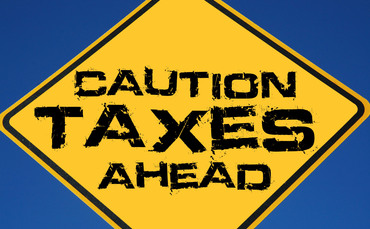
Washington State Law has authorized a utility tax since at least since 1935 (RCW 82.16). However some utility taxes have been introduced more recently. Most relevant state law about what cities and towns can tax is found in RCW 35. (The most interesting part of this law is 35.21 “Miscellaneous Provisions” which makes for interesting reading). Authority for taxing utilities like your power bill appears to be RCW 35.21.860 originally passed by the state legislature in 1982. The legislature intended to restrict the potential total local utility tax burden at 6% as explained in RCW 35.21.870.
However, due to lack of clarity in state law, most cities in Washington State discovered they could overcome the total tax burden limitation in the law by taxing the actual tax they charge the citizen. Here is how it works:
- Let’s say you had an original power bill of $100 from Puget Sound Energy.
- This bill includes the $3.873 for Washington State’s portion of the tax.
- If the city charges you the maximum balance up to 6%, your bill would be $105.78 (at least five cities listed below decided to take that approach).
- If the city decides they will also tax the Washington State utility tax, your bill would be $106.00 (at least six cities listed below took this approach).
- If the city decides on the Max Tax approach, they tax the state tax and their own tax, which means your bill will be $106.36 ($0.58 higher than it should be if they were not taxing the tax).
- There are also cities who resisted the temptation to impose even the maximum allowed utility rate of 6%, and these are listed below as well (this list was added to the article 3/23)
While option 4 & 5 explained above may seem to be in violation of the total tax burden limitations defined in RCW 35.21.870, most cities believe they can get away with it and they do. This may not seem like huge amount of extra taxes they can collect, but as pointed out to me by local tax activist Leroy Stevenson, in the City of Covington alone the total extra dollars the city collects is well in excess of $128,000 annually. Even smaller cities can pad their bureaucracy quite a bit with tax crumbs like this.
While most city bureaucrats disagree, arguably, it is immoral to tax taxes. It also lacks honesty and transparency that should be expected in local government tax policy.
The City of Covington – A Case Study
The City of Covington actually provides a pretty good case study in the unpopularity of these types of taxes, but also illustrates how addictive they are for local government bureaucrats and politicians. Covington is a relatively new city, formed in 1997. For a few years there was no utility tax imposed on the residents of Covington. However, Ordinance 26-04 was passed by the Covington City Council in 2004 which included a provision allowing citizens to collect signatures for a referendum on the tax if they chose to reject it. The citizens did just that (here is the special election voters guide, and here is what it looked like on the ballot). The citizen effort prevailed. 73% of the voters rejected the utility tax. It is interesting to note that the city tried to defend their utility tax with misleading language in the voter’s guide linked above, and the critics were proven correct in their assessment of where this tax was going. After being soundly rejected by the voters, the City of Covington waited a few years, then they passed Ordinance 16-07 which imposed the current 6.65% (effective rate) utility tax.
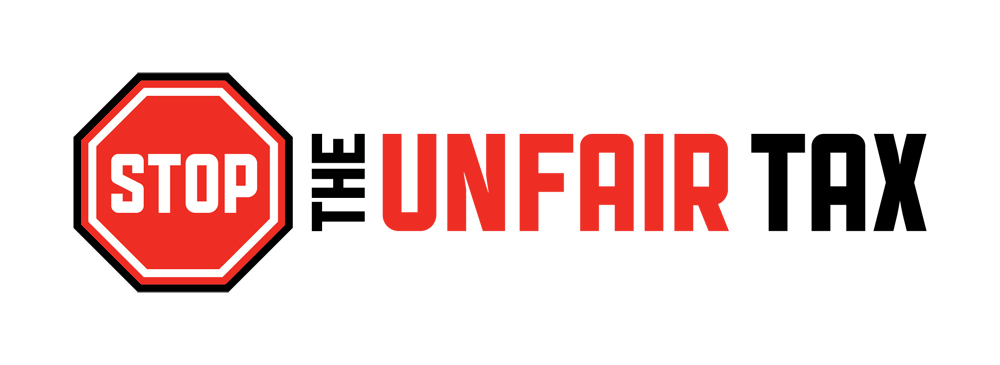
Credit Where Credit is Due
The following cities chose to not tax their residents at the highest rate possible for a utility tax. They really deserve credit for keeping the tax lower than the max limit allowed by statute (this list added to article 3/23, based on this reference document from PSE):
Bellevue – Ordinance #5578 – passed 2005 – 5%
Burlington – Ordinance #459 – passed 1994 – 3%
Edgewood – Ordinance #14-0413 0%
Kenmore – Ordinance#04-0222 – passed 2005 – 4%
Lakewood – Ordinance#232 – passed 2000 – 5%
Medina – Ordinance #893 – passed 2013 – 4%
Puyallup – Ordinance #2950 – passed 2010 – 2.2%
SeaTac – Ordinance #14-1015 – repealed 2015 – 0% (was 6%)
Woodinville – Ordinance #200 – passed 1998 – 2%
To give credit where credit is due, the following cities, sometime in their political past, made the most honest choice when taxing their residents by refusing to tax the tax. Feel free to give them kudos, because they made a decision to not follow the Max Tax crowd: Cities of Edmonds, Lynnwood, Oak Harbor, Port Orchard, and Poulsbo.
To give partial credit where some credit is due, the following cities decided that re-taxing the state tax was okay, but taxing their own utility tax again was a bridge too far. Join me in recognizing them as well, and perhaps asking them to not tax the state tax: Cities of Des Moines, Fircrest, Tumwater, Yelm, Orting, and Hamilton.
Utility Tax Hall of Shame
Somehow these two cities were able to really violate the law and jack their utility rates up to levels far and above even the crowd who tax the tax (added 3/23, based on this reference document from PSE):
Federal Way – Ordinance #06-539 – passed 2007 – 7.75%
Olympia – Ordinance #6326 – passed 2004 – 9% !!
Taxing Poetry
In closing, sometimes poetry is an effective way to express the situation:
Tax his land, tax his wage,
Tax his bed in which he lays.
Tax his tractor, tax his mule,
Teach him taxes is the rule.
Tax his cow, tax his goat,
Tax his pants, tax his coat.
Tax his ties, tax his shirts,
Tax his work, tax his dirt.
Tax his chew, tax his smoke,
Teach him taxes are no joke.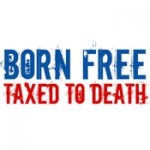
Tax his car, tax his grass,
Tax the roads he must pass.
Tax his food, tax his drink,
Tax him if he tries to think.
Tax his sodas, tax his beers,
If he cries, tax his tears.
Tax his bills, tax his gas,
Tax his notes, tax his cash.
Tax him good and let him know
That after taxes, he has no dough.
If he hollers, tax him more,
Tax him until he’s good and sore.
Tax his coffin, tax his grave,
Tax the sod in which he lays.
Put these words upon his tomb,
“Taxes drove me to my doom!”
And when he’s gone, we won’t relax,
We’ll still be after the inheritance tax.
The Tax Poem – found here

*Policy Recommendation: Finally, there seems to be a legislative policy opportunity to address the dishonesty in local utility taxes by reaffirming the intention of RCW 35.21.870 and make the current practice of taxing the tax illegal.
Action Suggestion: Call your city and find out how they tax your utilities. Even if you don’t live in Washington State, you are probably paying very similar taxes, and most bureaucrats like to copy bad ideas from other places.
Other articles of interest:
Creeping City Utility Taxes Exceed 36% in some Cities
Thurston County Invents new $42,000 gopher tax for new home owners
Snohomish County’s Double Secret Probation
Taxing the Dance Away (Taxing the Opportunity to Dance in Seattle)
Big Government’s Business – Crushing Tomorrow’s Dreams Today
What happens when the Central Planners Fail?
Shooting owls, counting slugs, fighting evolution – the US Fish and Wildlife Service at work
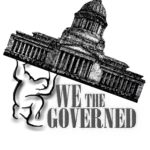
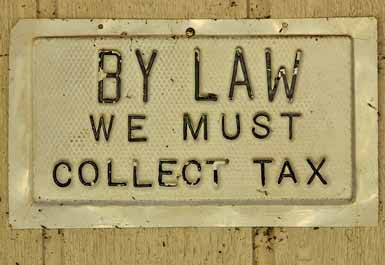








Hi there! This is my first comment here so I just wanted to give a quick
shout out and say I really enjoy reading your blog posts.
Can you suggest any other blogs/websites/forums that deal with the same subjects?
Many thanks!
Sure, you can find more stories at http://www.capr.us
Comments are closed.